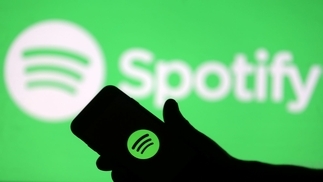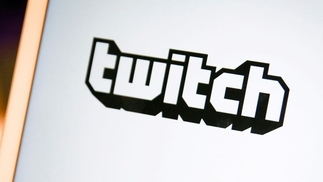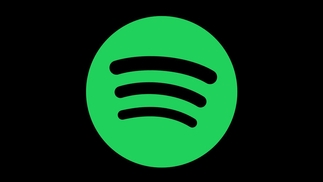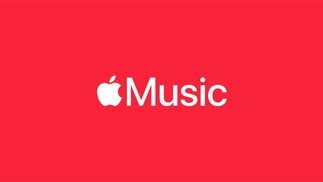SOUNDCLOUD COULD "RUN OUT OF CASH" THIS YEAR FOLLOWING $52 MILLION LOSS
Insists company is on “a very positive path”...
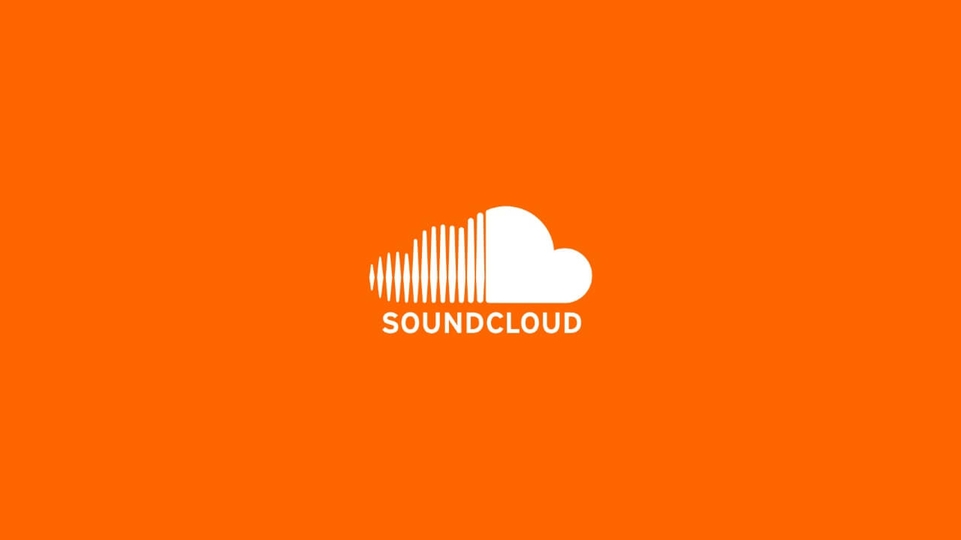
SoundCloud may "run out of cash" by the end of the year, Music Business Worldwide reports.
The news follows a reported loss of $52 million in 2015 by the music streaming platform, who've warned they may need to seek additional funding if the company's newly-implemented subscription service doesn't render high returns.
According to Soundcloud's co-founder, Alexander Ljung, “The assumption of a successful launch of the new subscription service is the key element of [our] financial projections for the next three years,” Ljung writes. “[This] bears financial risks regarding the operating results and cash flows of the group.
“The occurrence of these risks can seriously affect the ability of the group to generate sufficient cash to cover the planned expenditures and could require the Group to raise additional funds which have not yet been agreed.
“Whilst the directors believe that the Group will have sufficient funds to continue to meet its liabilities through 31 December 2017, the risks and uncertainties may cause the company to run out of cash earlier than that date, and would require the Group to raise additional funds which are not currently planned.”
SoundCloud also reached out to FACT Magazine following the Music Business Worldwide report, writing that the company is on “a very positive path” with 2015's losses the result of “investing in technology, people and marketing, as well as securing complex licensing agreements with key music industry partners”.
“As such, the company remained unprofitable,” they say. “In 2016, we saw solid growth not only for the industry but for SoundCloud too. And we see this trend continuing throughout 2017.”
No news yet on how successful SoundCloud's subscription service has been since it launch in 2016 — users of SoundCloud Go can listen to music ad-free for $9.99 per month.
It was rumoured earlier this week that Google were interested in buying the cash-strapped service for a reported $500 million. The company was previously priced at $100 million in mid-2016.

